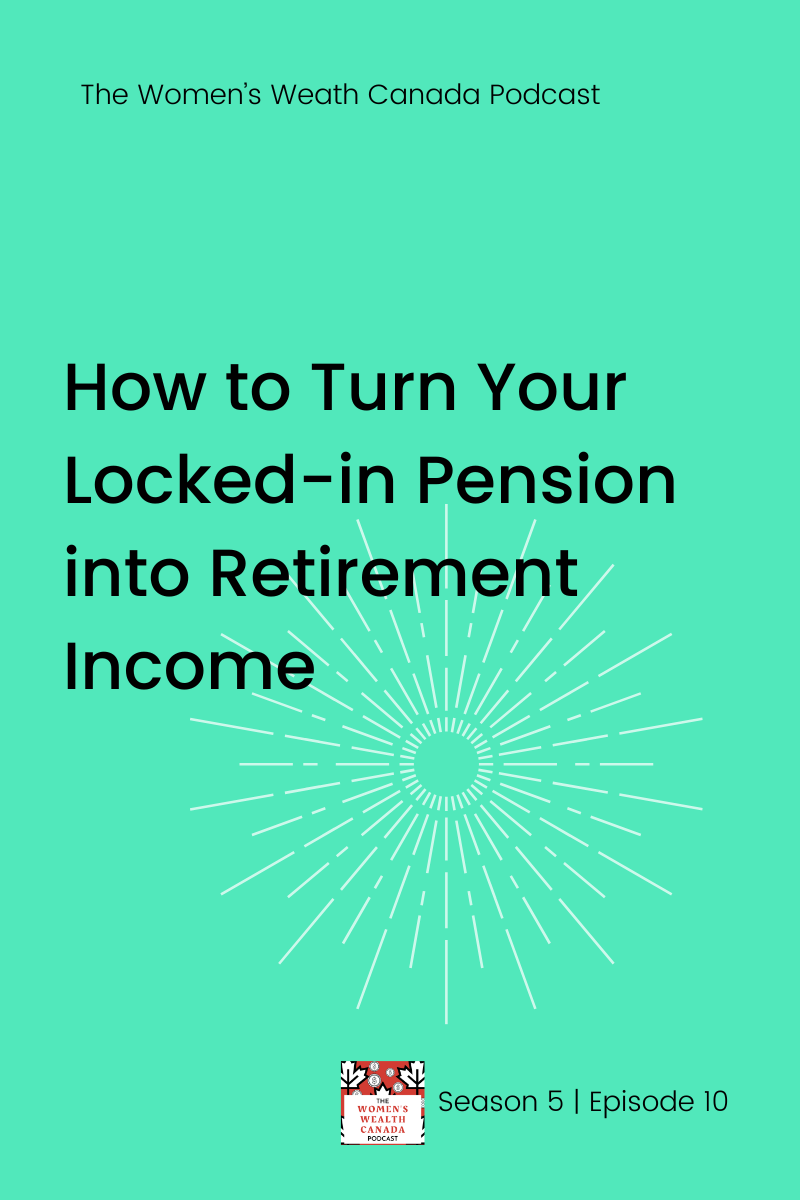Avoiding Retirement Potholes
As a financial planner specializing in retirement income planning, I’ve seen happy and unhappy retirees.
Those who find the greatest happiness in retirement share a commonality:
They are often planners at heart.
They also have a strong sense of what’s important to them. And that’s where they focus their money and their time.
My guest today is one of those success stories. Donna Connolly is the author of the popular blog Retirement Reflections: What I Wish I Knew Before I Retired.
I’ve known Donna for many years, and I love reading about her adventures – those she has close to home as an avid book reader and cook, as well as the globe-trotting adventures she has hiking across the world.
I asked Donna if she’d be willing to share some of her wisdom with you. I hope you enjoy learning from her as much as I do.
~Glory
What’s Inside?
Table of Contents
I've written a fair amount about the perks and freedoms of retirement. Without a doubt, the list of retirement pros is long.
However, like all parts of life, retirement also has its downsides. Below are a handful of strategies to help you avoid some of the potholes that can arise after leaving the paid workforce.
Do Your Homework
After my husband and I made the financial decision to leave our jobs, I delved into research about the emotional side of retirement. That was when I initially discovered retirement bloggers.
I devoured personal accounts of the daily highs and lows of living in retirement, learning from those who had gone before me. These posts helped prepare me for life after leaving the workforce, often in 800 words or less.
Find Purpose
Unmet expectations can lead to boredom and frustration. More than ever, retirees require activities that stimulate our imagination, connect us with others, and instill a commitment to something beyond our self-interest. Not finding purpose is frequently cited as a primary concern among those adjusting to retirement.
Expect the Unexpected
An Ontario Securities Commission Report noted that over 50% of Canadians aged 50 or older cited that unforeseen events negatively impacted their retirements. Unexpected situations can arise from personal or family health issues, sudden investment declines, or property loss. Backup plans and safety nets are crucial, particularly without a steady employment income.
Watch Expenses
Balancing and prioritizing finances are critical, especially in retirement. Budgeting for expenses and curtailing extravagant or unnecessary spending (i.e., living below your means) bolsters security in retirement and reduces post-career stress. A budget tells your money where to go instead of later wondering where it went.
Become a Jack (or Jill) of All Trades
In the workplace, accessing others' skills helps you to focus on your strengths. In our jobs, we seldom worry about computer troubles or minor tasks due to convenient access to services.
Upon retirement, those built-in professionals become luxuries of the past. We are required to become much more versatile, handling tasks we previously outsourced.
Use or Lose It
Cognitive and physical decline in senior years is part of aging. Regular activity, self-care, and avoiding sedentary routines are vital as we age. Research indicates that while learning new information takes more effort, our wealth of knowledge and experience in retirement can outweigh that of youth.
Enter With Confidence
Transitioning from having a career to being a "retiree" might not carry the same weight socially. We must approach retirement with healthy self-esteem and our intrinsic motivation intact.
Have a Caregiving Plan
Whether giving or receiving, caregiving often impacts retirees significantly. Self-care and accessing support are vital for caregivers juggling multiple responsibilities. Having a plan in advance can reduce stress for all parties involved.
Nurture Relationships
Research repeatedly links positive relationships and social integration to longevity. Maintaining solid connections, particularly for married retirees, is essential for emotional and physical well-being.
Give Back
Retirement offers ample opportunities to give back. Even in small ways, volunteering contributes to personal fulfillment and can provide numerous health benefits.
The above are only a few strategies that can be useful when preparing for retirement. What tactics would you add?
About Donna:
Donna lived in Beijing, China for fourteen years. She left international life behind and retired with her husband to Vancouver Island, Canada. Donna created Retirement Reflections: What I Wish I Knew Before Retiring to document this transition.
You Will Also Love …









